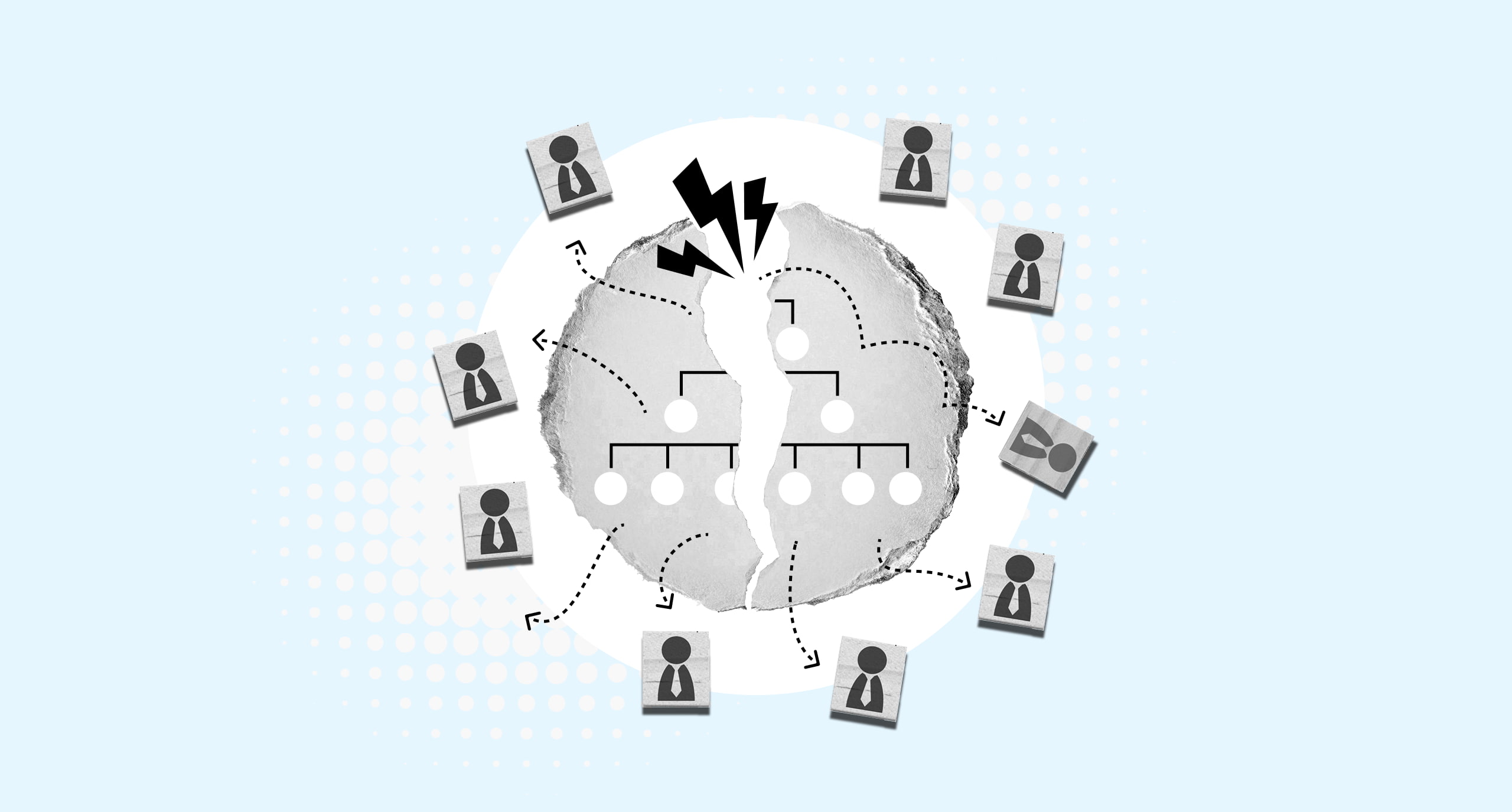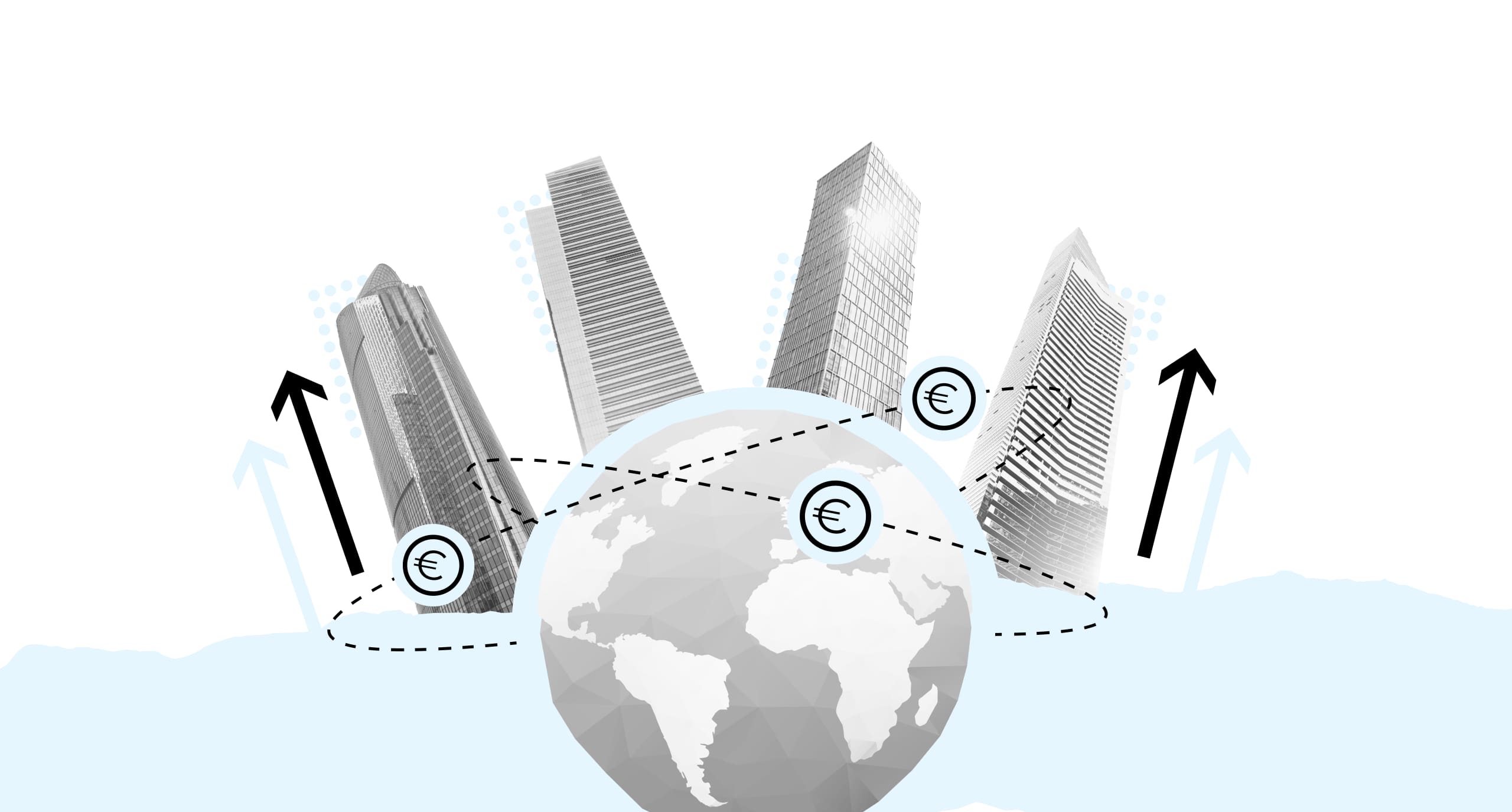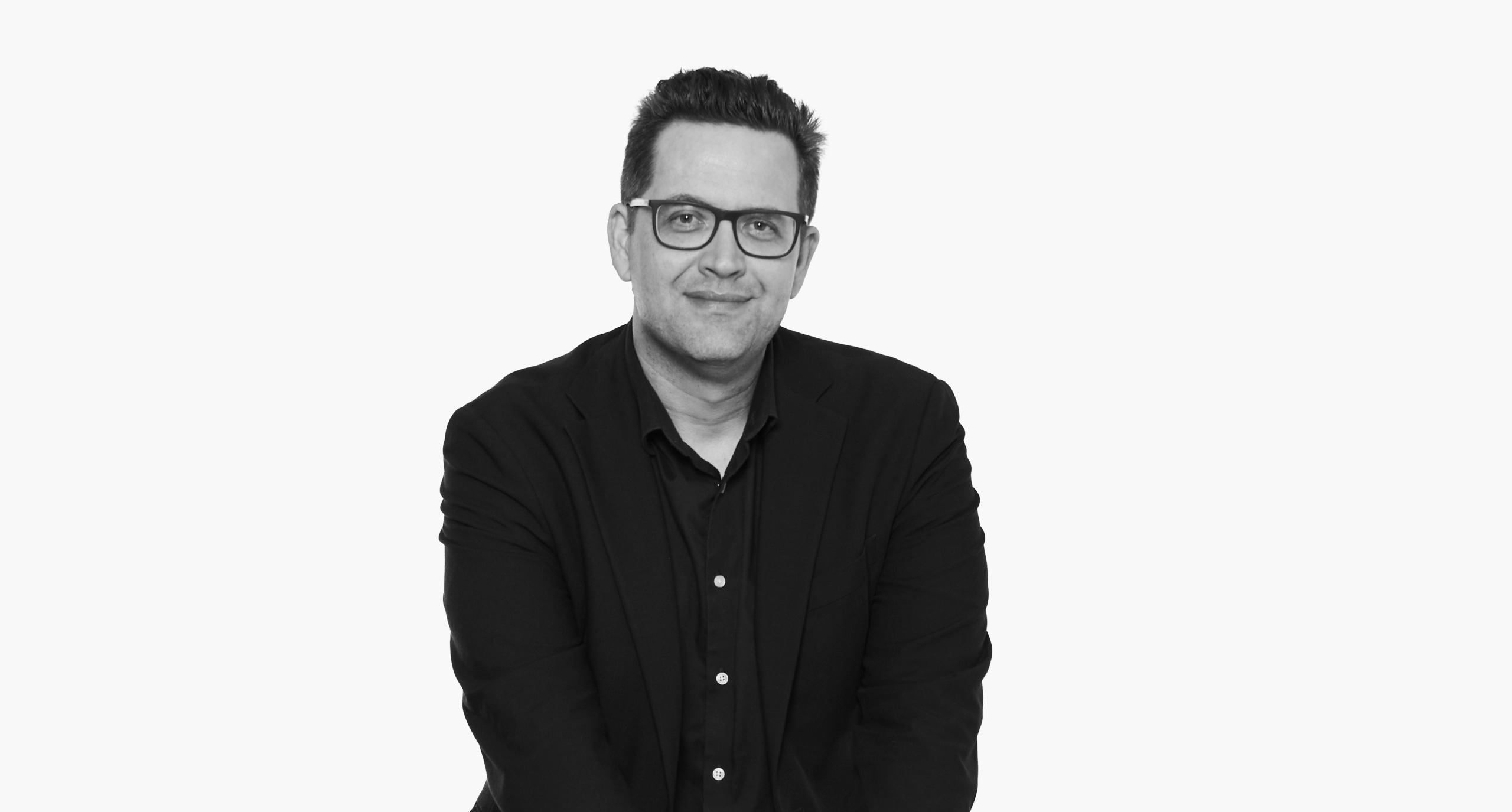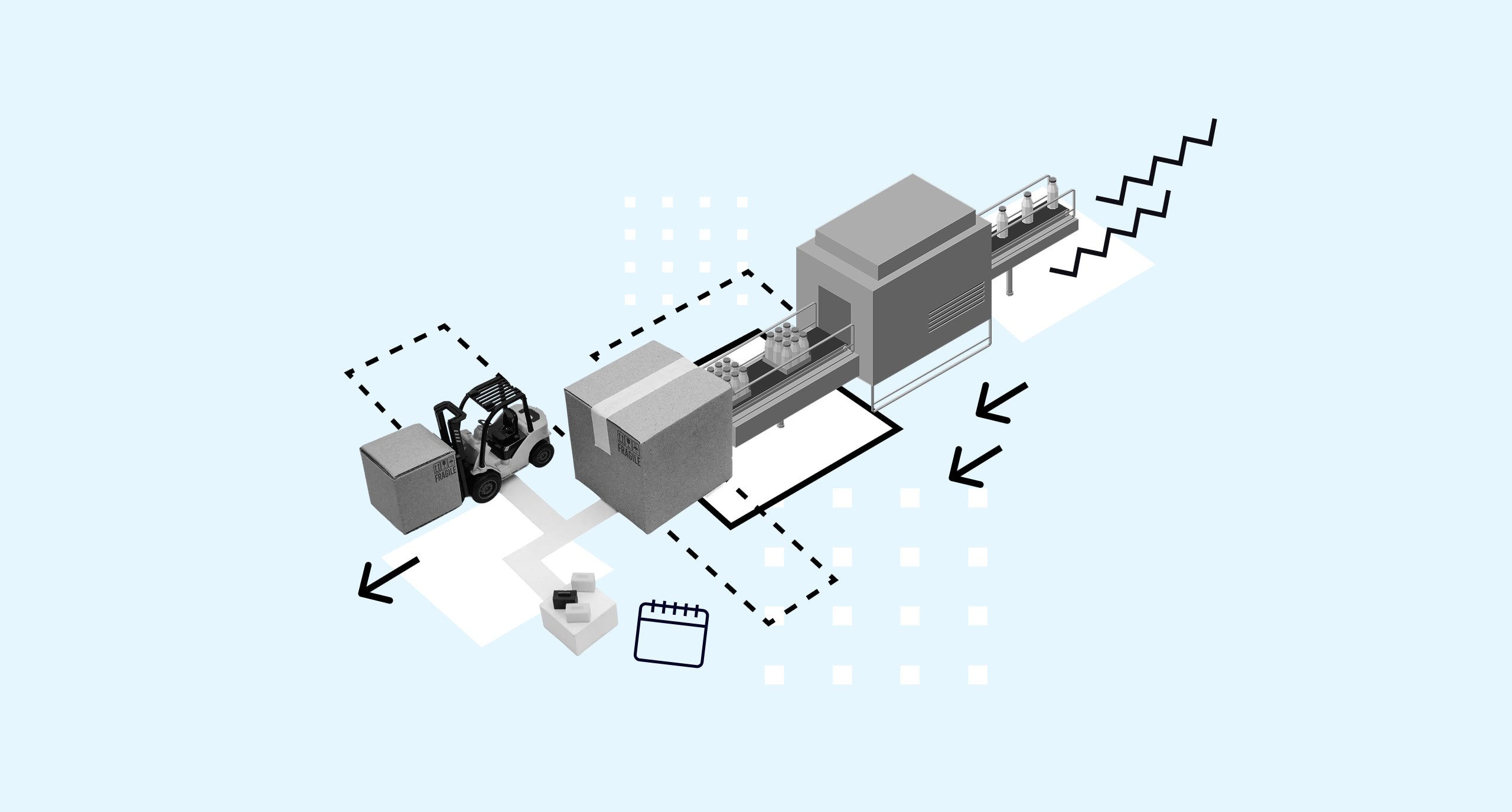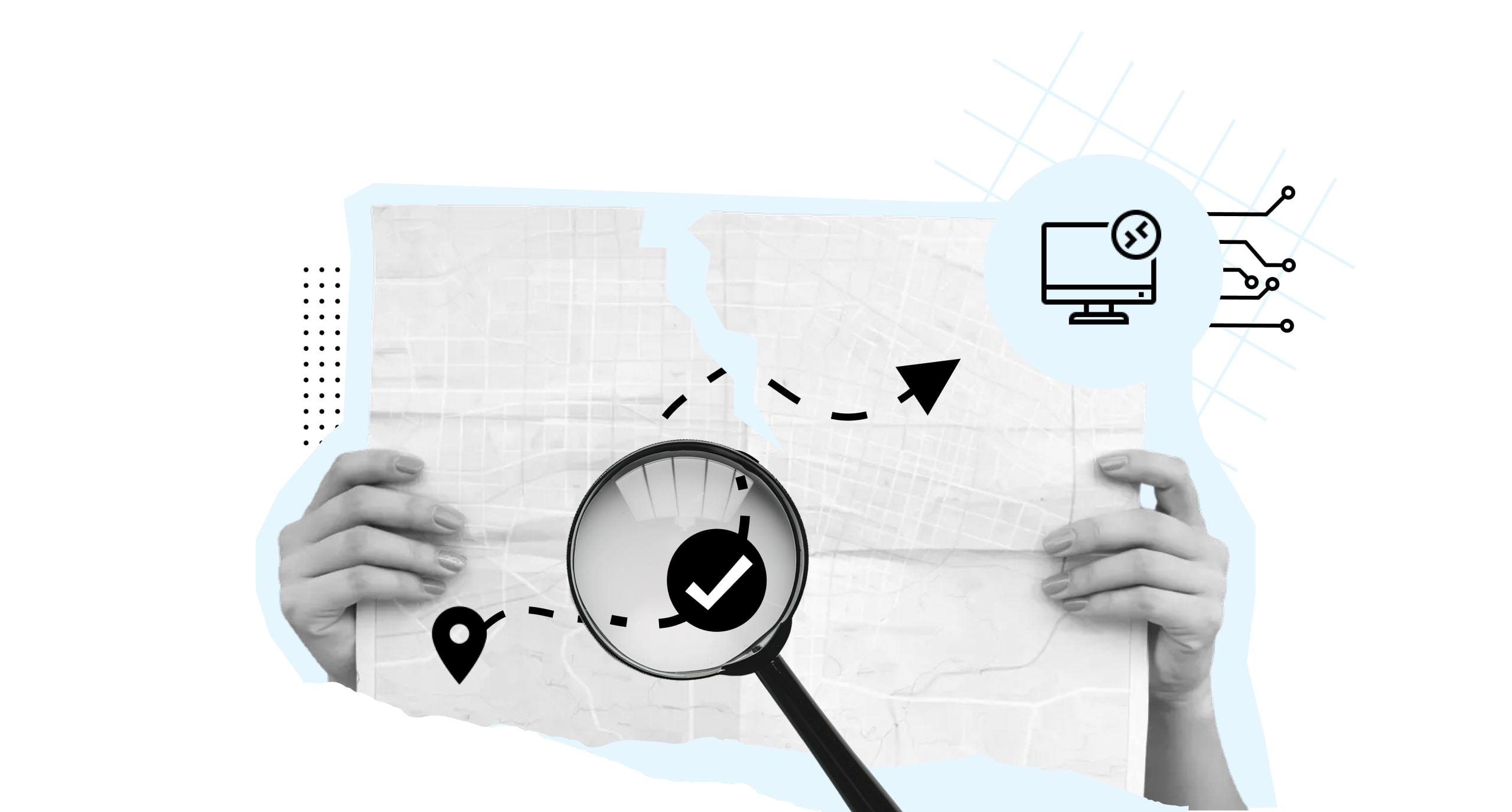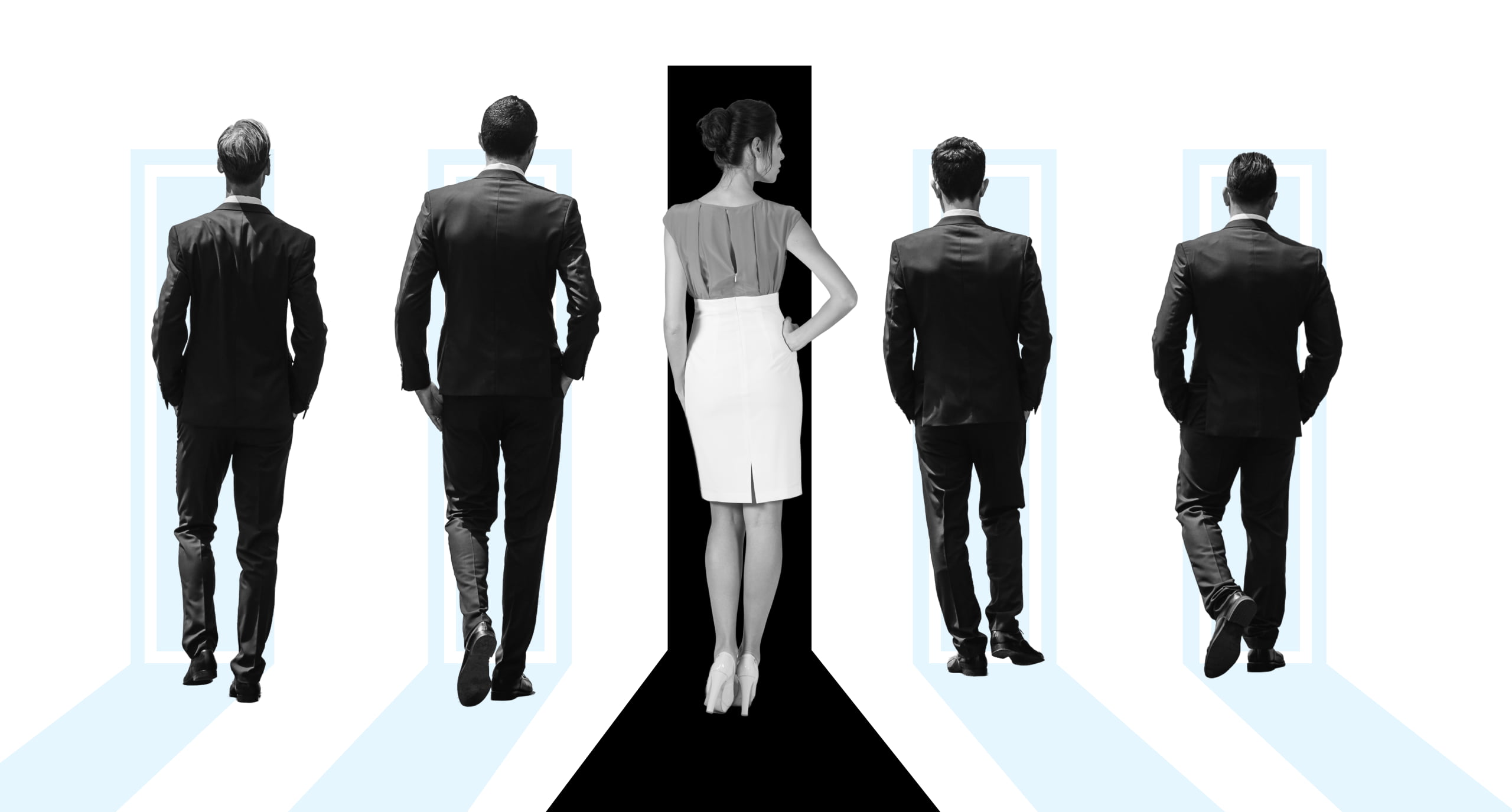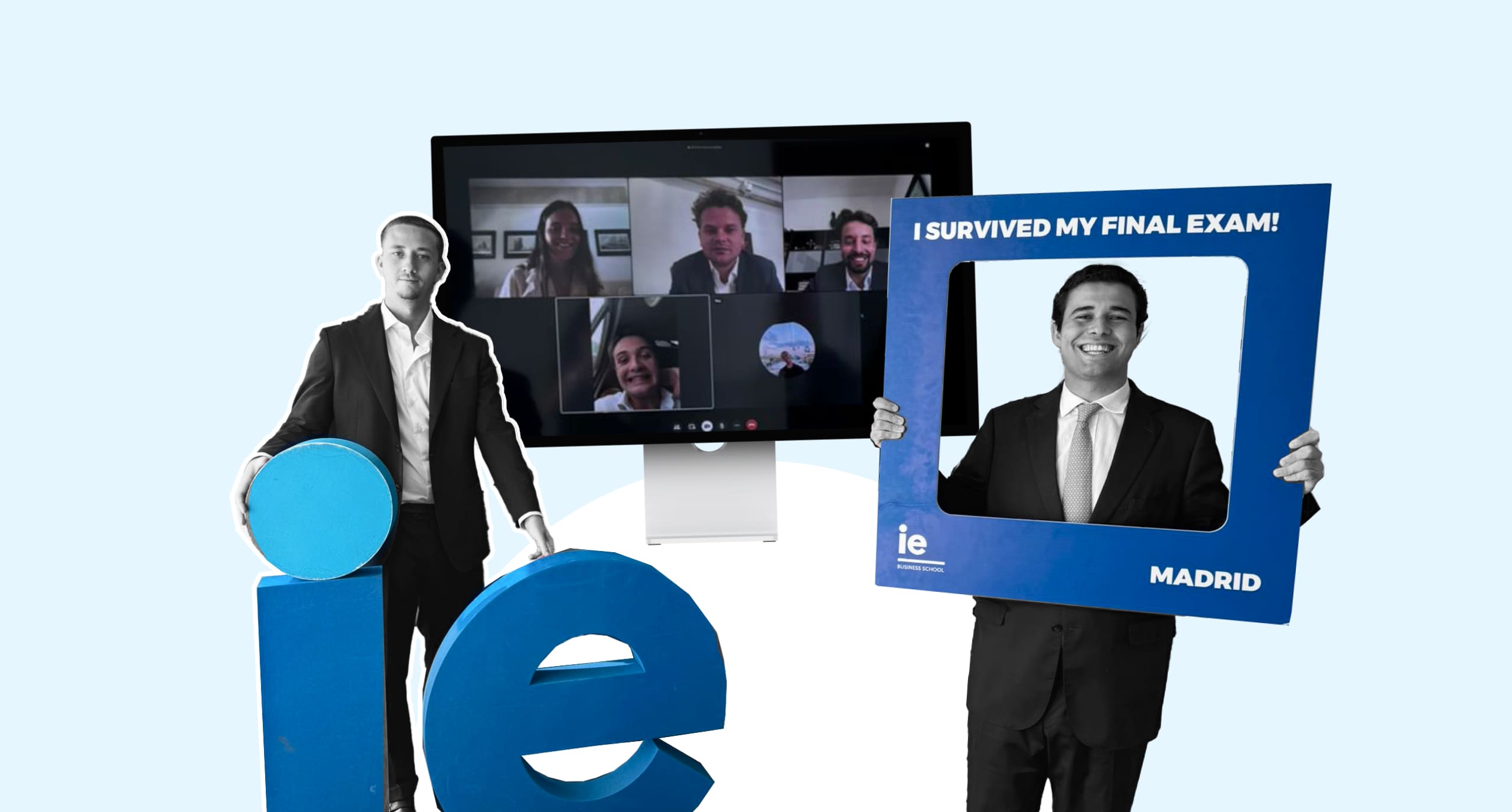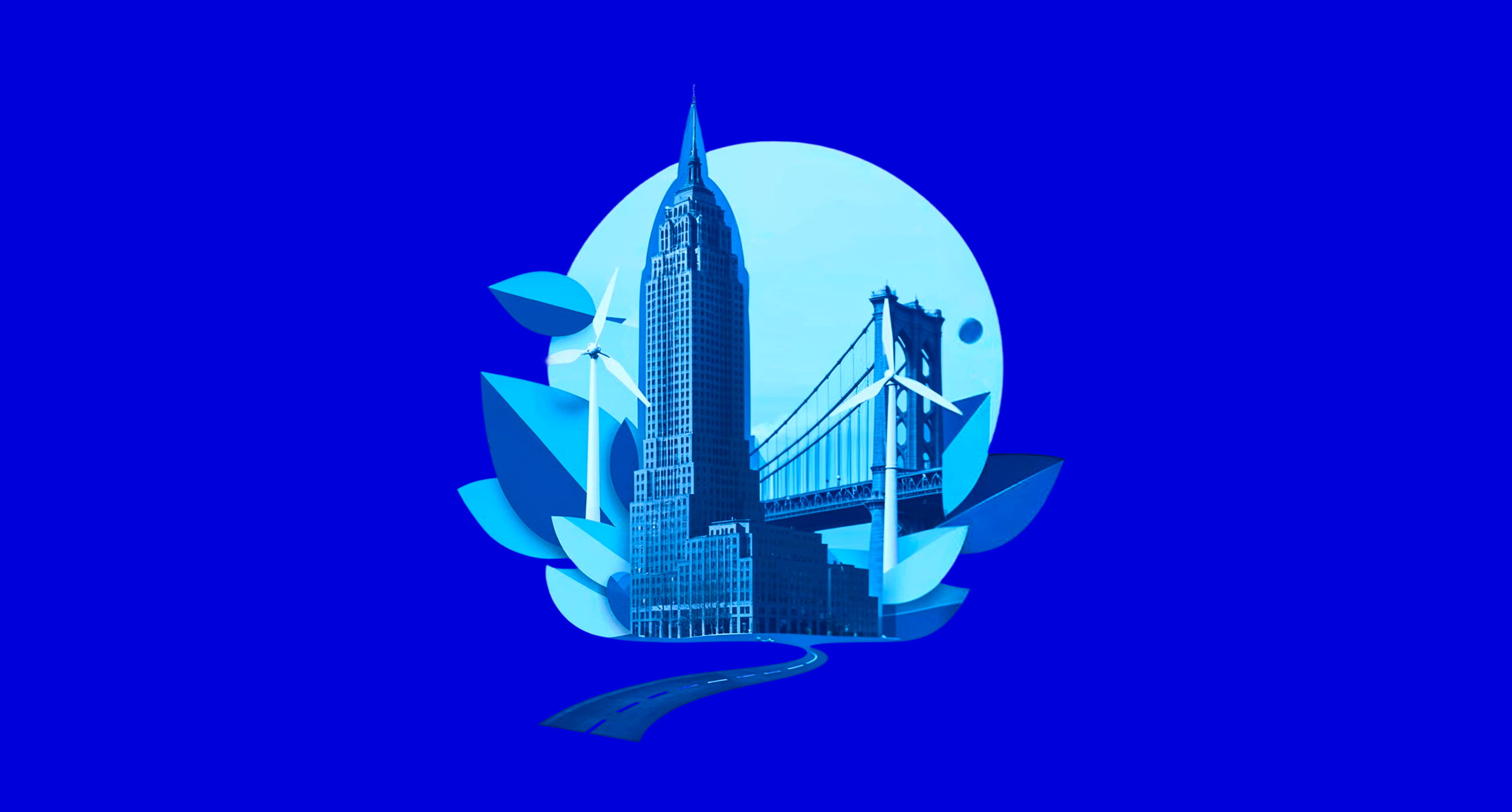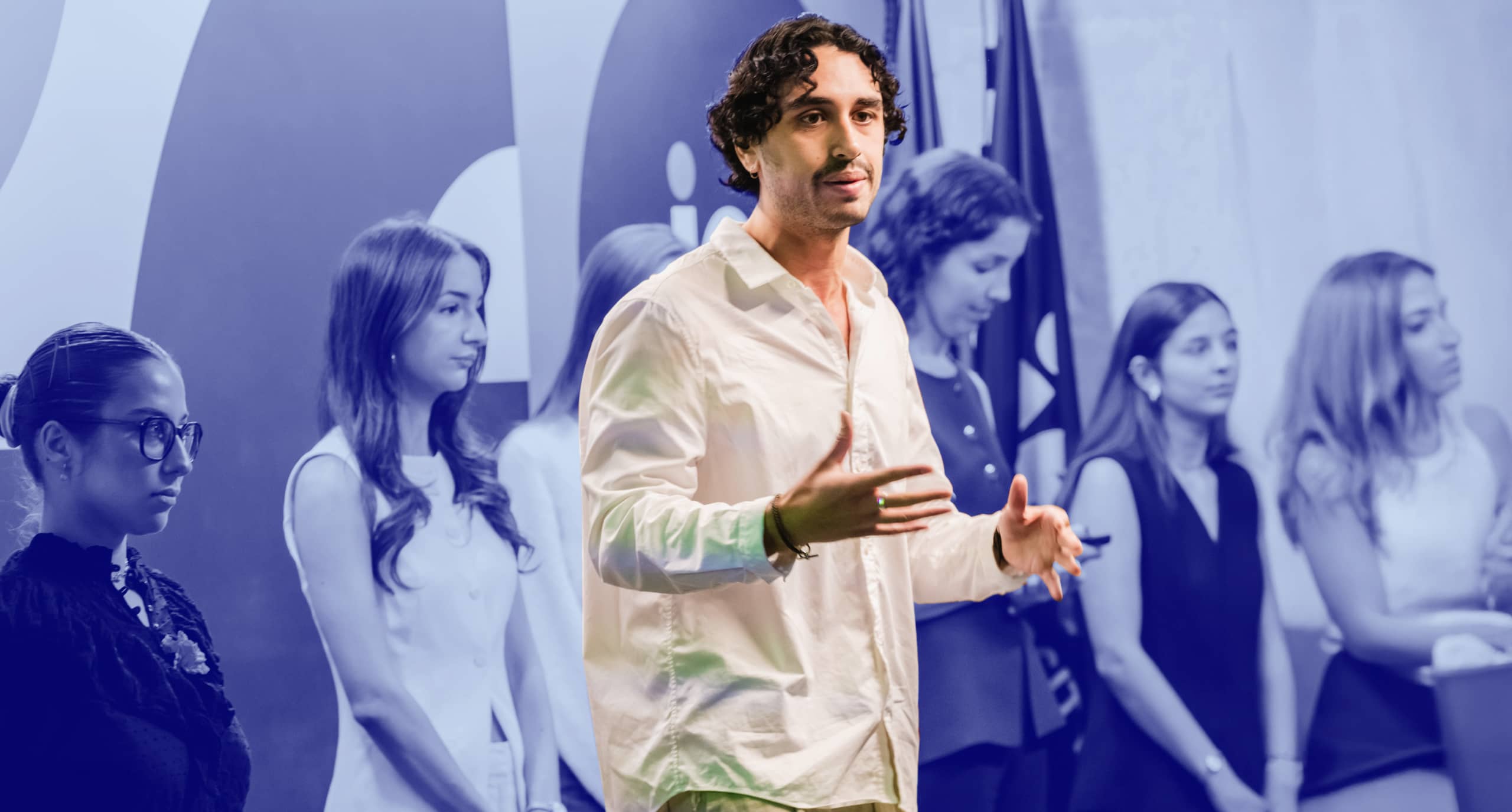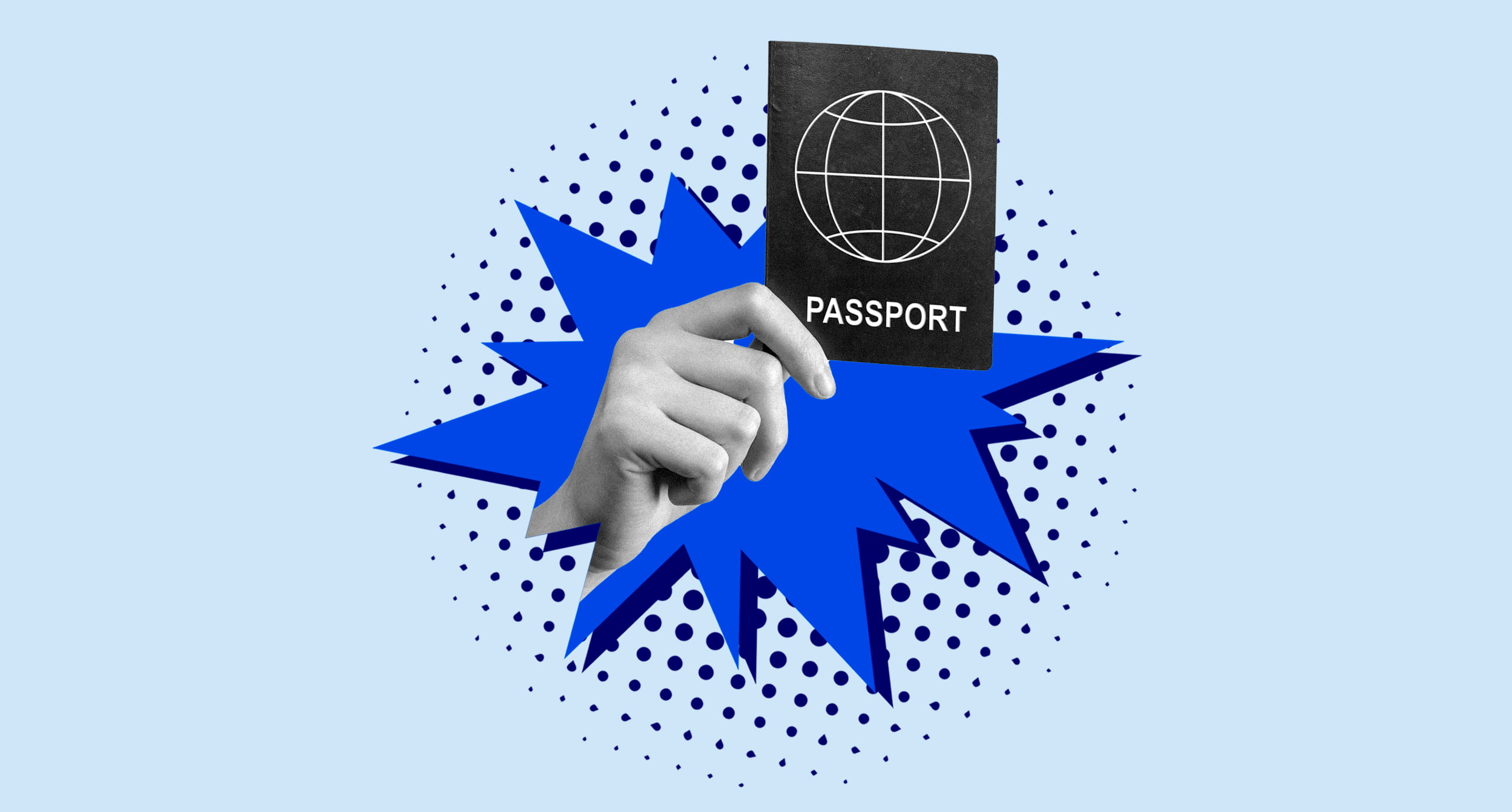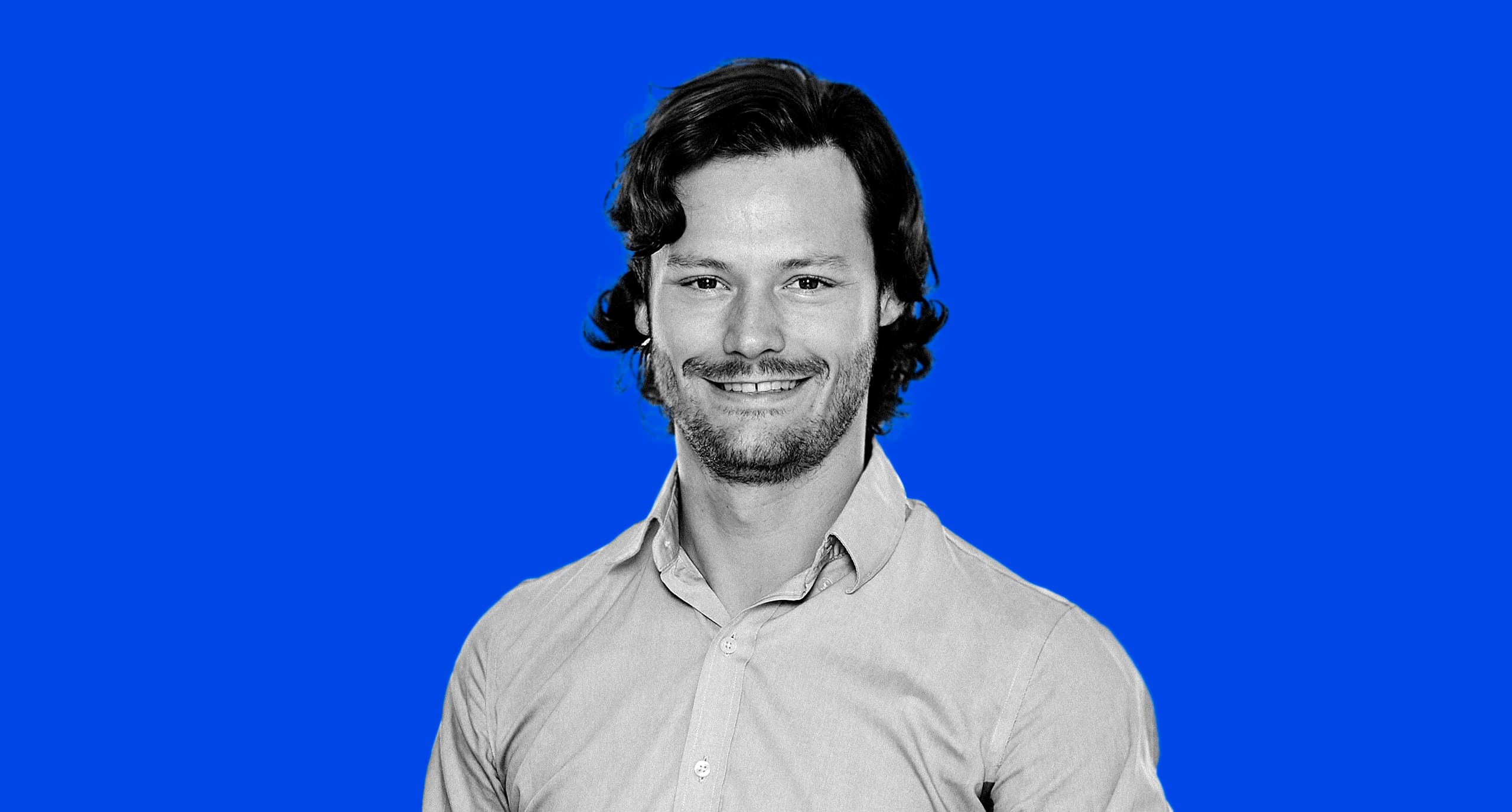So, you want to study HR. But you should know that human resources is a far broader field than you might have realized. It’s also a craft in itself,with a wealth of technical knowledge needed to make you a top professional.
To help you understand how rewarding the decision to study HR can be, we spoke with Mariana de la Maza, an alumna of the Master in Talent Development & Human Resources and winner of the Double Blue Torch award.
Let’s get into it.
Why study HR at IE Business School?
Mariana came to IE Business School on the back of a long-term dream. “Living in Europe had always been a lifelong dream for me and my husband. When we got married, we talked about doing this kind of experience together. So we both came to IE Business School. I did the Master in Talent Development & Human Resources, and he did the International MBA.”
“What I really liked about IE was that it wasn’t just about technical knowledge,” Mariana says. “It was about developing myself as a leader. The program encourages you to reflect, be curious and approach challenges with kindness and authenticity.”
Mariana also loved the sense of belonging reflected across the IE community.
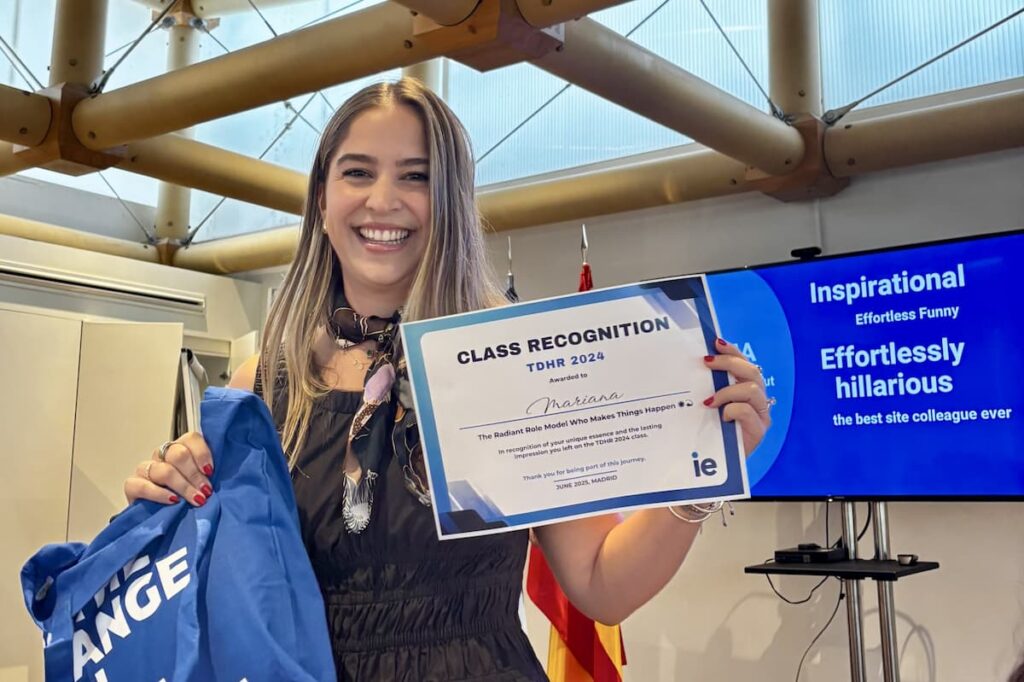
“From the moment I arrived, I felt welcomed and supported by peers and faculty. The diversity of backgrounds meant I was constantly learning from others’ perspectives. The network I built during my time there, both academically and personally, has been invaluable. It continues to motivate me today.”
7 reasons to study HR
Mariana has provided us with a few core characteristics to help as you choose whether to study HR. We’ve condensed them into seven easy-to-read sections. Take a moment to scroll through.
1. Passion for people
Mariana’s core career driver is a love for people: “I’ve loved HR topics and themes for a long time. It’s about understanding others, helping them grow, and creating meaningful experiences.” Mariana discovered her passion through a diverse career in consulting, academia and global companies. “Whether it was working in human capital or just learning about well-being, I realized that my purpose was to support and develop people,” says Mariana. “HR truly is about making a difference in individuals’ lives.”
2. Strategic role
Coming into the program, Mariana thought of HR as mostly administrative. But that changed quickly. “The curriculum really showed me that HR today goes beyond processes. It’s about influencing company culture, designing experiences that matter, and aligning HR strategies with business goals,” says Mariana. HR has become a strategic partner to business executives, with involvement in all stages of the employee journey.
3. Global perspectives
Mariana’s childhood spanned across Venezuela, Brazil, Mexico, the US and Spain. This global perspective has been essential to her growth as an HR professional: “Living in different countries has taught me to be open-minded and adaptable. I’ve learned that understanding cultural differences is essential in HR. It’s not just policies; it’s about connecting with people from diverse backgrounds.”
4. Continuous learning
Mariana emphasizes how the program nurtured her capacity to reflect and stay curious, which are essential characteristics for anyone working in HR. “We need to be flexible,” says Mariana. “The program made me see that change is constant, and I have to keep learning and questioning.” At IE Business School, this has been reflected by her new grasp on adult learning theories and managing change with meaning: “Adults learn best when what they’re learning connects with their own motivations. That’s what makes relevance and engagement so important.”
5. Driving change
“HR’s not just about managing talent,” says Mariana. “It’s about leading initiatives that truly transform organizations.” Her focus on change management and adult learning approaches have helped her design initiatives that connect with people on a personal level. “The goal is to create experiences that foster belonging and growth,” says Mariana.
6. Personal values and wellbeing
It’s essential to have a clear sense of why you’re doing something—which is core to IE Business School’s philosophy of the Next Best You. “I work a lot with positive psychology and well-being,” says Mariana. “I believe HR should promote environments where health and balance are priorities.” For Mariana, HR is a way to ensure that the work environment aligns with what truly matters—health, happiness, and purpose: “That’s what makes the profession so fulfilling.”
7. Social impact
From labor laws to diversity, Mariana stresses that HR plays a crucial role in societal development. “Understanding and promoting inclusion, sustainability, and social justice are fundamental parts of HR work,” says Mariana. “We’re talking about making a broader social impact, not just within one organization but in society at large.”
Tips from a Double Blue Torch winner
Mariana’s dedication and leadership earned her the prestigious Double Blue Torch, an honor recognizing her excellence and community contribution. “It’s about leading with kindness and authenticity,” says Mariana. “This recognition isn’t just about grades; it’s about how I’ve tried to bring people together, support others and grow as a person.”
Mariana’s story is a testament to how HR can be a meaningful, impactful and rewarding career.
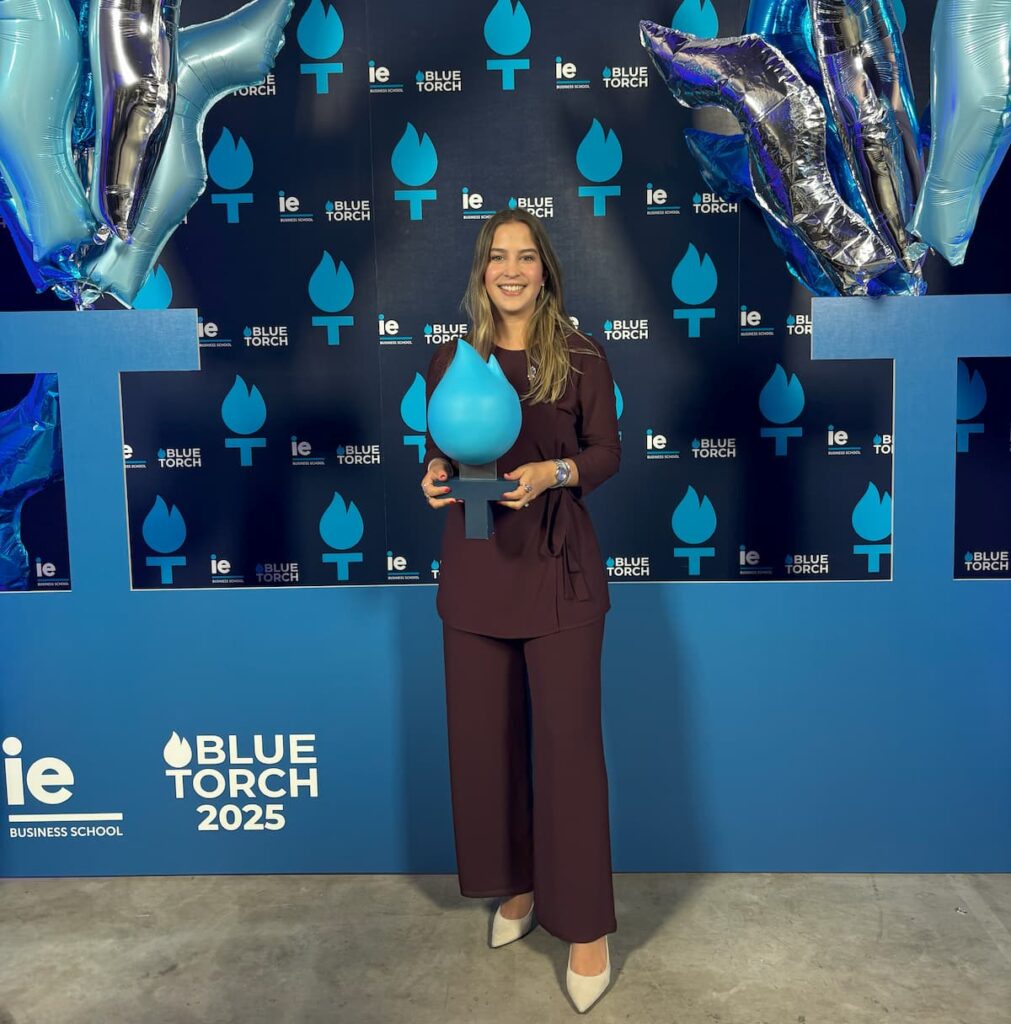
Her journey—from an international upbringing to her commitment to well-being and social impact—illustrates that HR isn’t just a job. It’s a vocation fueled by curiosity, compassion, and a desire to make a difference.
If you’re eager to find purpose in your work, follow the link below. HR might just be your next great adventure.
Take the leap to study HR at IE Business School
Find out how our Master in Talent Development & Human Resources can unlock your full career potential.

Benjamin is the editor of Uncover IE. His writing is featured in the LAMDA Verse and Prose Anthology Vol. 19, The Primer and Moonflake Press. Benjamin provided translation for “FalseStuff: La Muerte de las Musas”, winner of Best Theatre Show at the Max Awards 2024.
Benjamin was shortlisted for the Bristol Old Vic Open Sessions 2016 and the Alpine Fellowship Writing Prize 2023.


